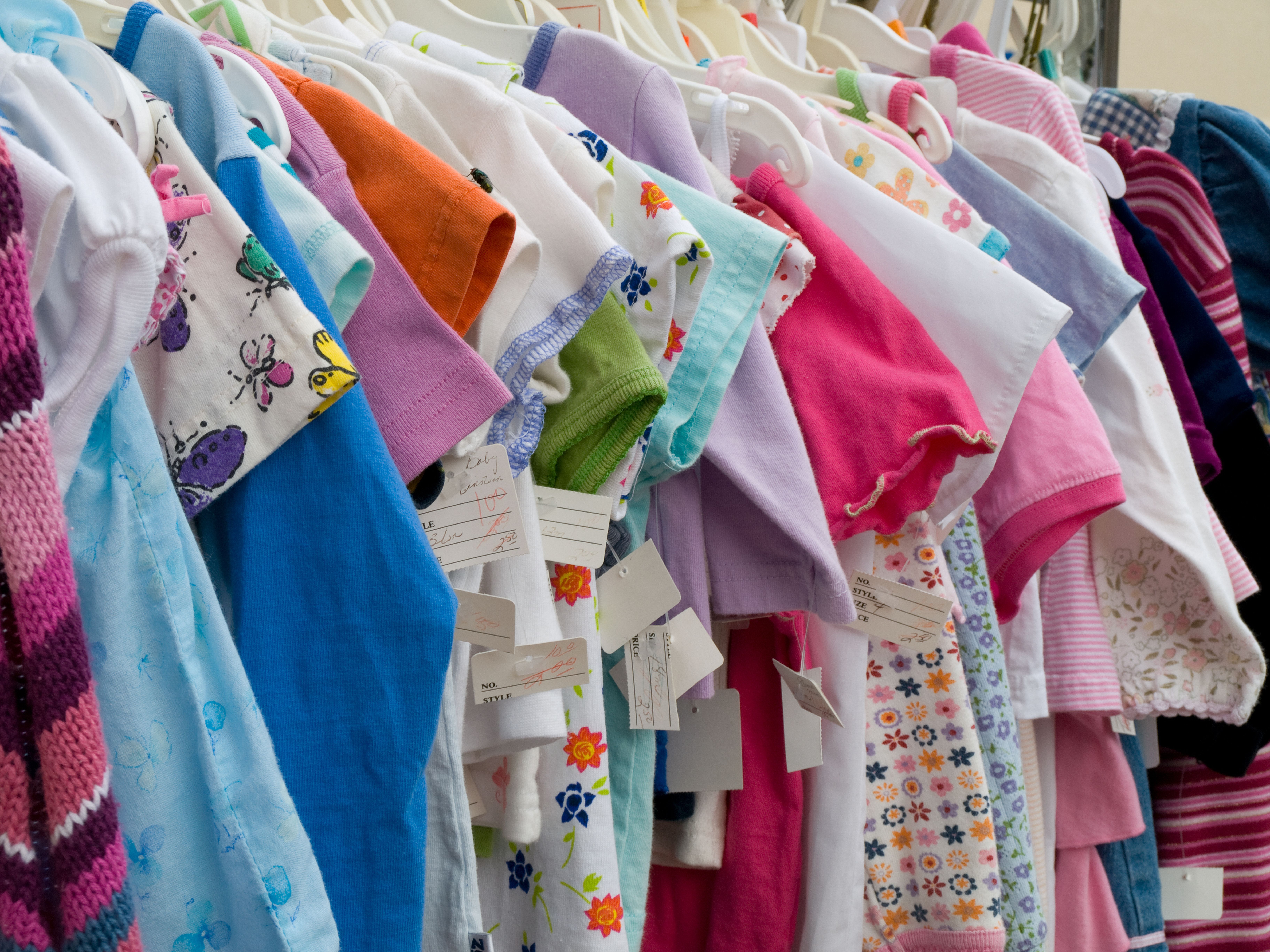Go to a thrift shop in Oman? Soon you can!
When you will be travelling to Oman, soon you will also be able to buy second hand items there at the thrift shop. Be’ah, who is responsible for the waste management in Oman, wants to build a thrift shop according to the Flemish model.
This project is part of a wider strategy of Be’ah to avoid as much waste as possible or to valorize it. To bring the thrift shop concept to Oman, Be’ah is calling upon De Kringwinkel Antwerpen, VITO and Möbius. The fact that they have chosen these partners, shows that the Flemish reuse concept and the knowledge about circular economy is very much valued internationally.
Ambitious waste policy
Oman is a very young state that is developing strongly. This also brings growing consumption and more waste. Oman is very conscious that this waste is a problem and wants to take steps quickly to protect its beautiful environment. Since a few years, Be’ah has an ambitious waste policy to reduce dumping of waste with 80 % by 2030. At the same time, they want to reduce the amount of waste per inhabitant to less than 1 kilo per person per day. Change of behaviour is key to this and initiatives are being taken to prevent, reuse and recylce waste. The introduction of the thrift shop concept will be a key aspect to this. Reusable items will get a second life and will be repaired if necessary. This includes clothing, furniture, electronic devices, toys, etc.
Belgian experts at work
To make the set-up, the build and the further development of the reuse center a quick success, the Omani are now calling upon a multidisciplinary Belgian expert team. VITO, De Kringwinkel Antwerpen and Möbius, have just concluded a study to translate the thrift shop concept to Oman. De Kringwinkel Antwerpen, with almost 30 years of experience, is supporting Be’ah for the practical organisation. VITO has co-written the vision of the reuse center and how circular, sustainable and social aspects can be included. Möbius has further translated this circular and social vision into a business model and a financial study.
Social employment
Next to the ecological goal of the reuse center, Be’ah also seizes the opportunity, just like De Kringwinkel in Belgium, to also create social employment in Muscat. They are closely working together with some charity institutions that can now offer a job to the families they are helping. The charity institutions will also be more involved for the collection and sale of the reusable items.
University leads
To speed up this ecological and social consciousness with the Omani, the Sultan Qaboos University (SQU) will also support this project. The center where the collected items will be sorted and repaired will be located at the campus, together with the first shop and space for trainings and events. The university will also integrate circular economy into the curriculum, will organize workshops and conferences about this topic, and will also make sure that students will work as volunteers in the reuse center. By doing so, the students will get to know the reuse story in a very interactive and tangible way.
In Flanders, the amount of collected items, the number of visitors to thrift shops and the revenue have grown steadily. Also in Oman second hand must become popular. Because of the lower price, or just because it is fun to look through second hand items and because the choice for used items is more sustainable. The reuse center will be a place for inspiration and motivation to reuse items and to use materials more sustainably for each Omani.
Contact
Möbius: Ania Coen, ania.coen@mobius.eu; +32 9 280 74 20
VITO: Karl Vrancken; karl.vrancken@vito.be; + 32 479 97 90 41
De Kringwinkel Antwerpen: Frank Dingemans; Frank.Dingemans@dekringwinkelantwerpen.be; + 32 485 16 43 07

